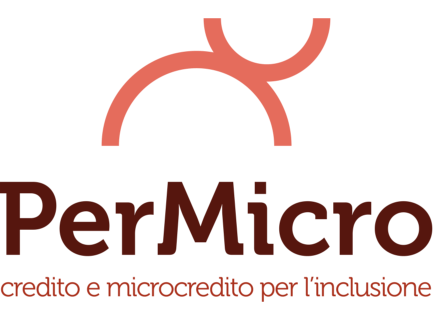PerMicro at the 20th MFC Annual Conference of Sarajevo
20th MFC Annual Conference
Horizon 2037: fair finance for all
24–26 May 2017, Sarajevo, Bosnia and Herzegovina
Corrado Ferretti, President at PerMicro, took part in the Conference and was a panelist in the Day 2 workshop “Working together for common good: Inspiring examples of microfinance social and community engagement” as well as speaker in the Day 3 final plenary session “Winners and losers in the digital and automated era: the future of jobs, skills and entrepreneurship”.
Description
“Working together for common good: inspiring examples of microfinance social and community engagement”
How can MFIs respond to serious social concerns, and support the development of local communities in a way that creates and preserves the jobs that are vital for every economy, strengthens community bonds, and is ecologically-concerned? Who are the right partners to make this happen? How should those relationships be structured? What funding opportunities and concerns exist? This panel will discuss four examples of social and community engagement by microfinance institutions in Europe:
• The engagement of two Bosnian and Herzegovinian MFIs (Mikrofin and Partner) in the Flood Relief Credit Program to provide zero-interest loans to flood affected businesses and households, in collaboration with the German and the Governdment of Bosnia and Herzegovina through KfW
• A grant program for flooded businesses and households by MFI Partner, in collaboration with local authorities,
and Mercy Corps to restore local economic activity and livelihoods after the floods
• A special business plan contest to boost local entrepreneurship and new business creation, organized by Vitas from Romania
• PerMicroLab, a dedicated business incubator managed and operated in association with the Italian MFI PerMicro.
“Winners and losers in the digital and automated era: the future of jobs, skills and entrepreneurship”.
We have reached a threshold which some people call the fourth industrial revolution. It can be described by three terms: robots, artificial intelligence and automation. Technology is already transforming our lives in ways we could not have dreamed about a few years ago. These technologies are also reshaping the workplace and the ways we interact with each other. This will have major implications for underlying business models and the way in which work is organized. At the same time many scientists warn that the impact of the new revolution on labour markets will be drastic and millions of jobs will be shed. What will jobs look like in 2037? What will happen to people who lose their jobs as a result of automation? What skills will be in greatest demand? What government policy will desired to counteract the impact of automation? Will self-employment become an even important way of designing people’s biographies? Who is likely to gain and who will lose? These are just some of the questions this session would like to answer.
Read the full Agenda of the conference!



